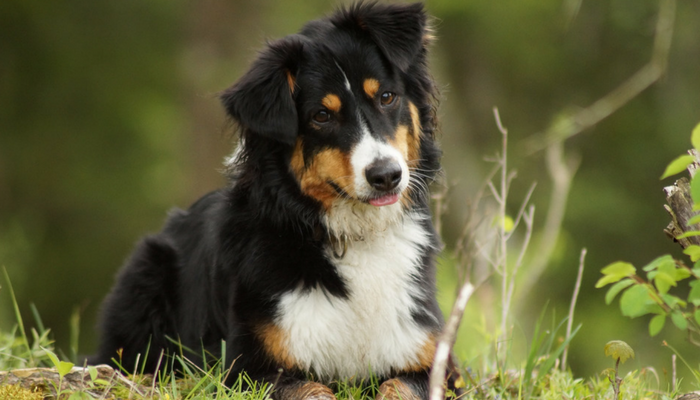Pet ownership is a lifelong commitment — for both the animal and the owner. In some cases, an animal may outlive its human companion, and this is where a pet trust is needed. According to the Humane Society, over 100,000 pets are left homeless due to deceased owners. One way to reduce the amount of ownerless companion animals is to establish a pet trust. Not only are they a valuable tool in estate planning, but they are a responsible choice in pet ownership.
Establishing a Trust for Your Pet
Creating a pet trust is similar to setting up a traditional trust. It starts with naming a new caregiver for the animal, as well as alternate caregivers. It also details care instructions and sets aside funds to cover ongoing pet expenses. As with most trusts, it is possible to allocate the remainder of the funds to an individual or charity, should there be any leftover money once the animal has passed away.
Why You Would Set Up a Trust for Your Pet
Too often, pets whose owners have died end up in shelters or abandoned. A pet trust establishes who will care for and love the pet throughout the rest of its life. As an added precaution, consider a Letter of Final Wishes, which can identify who will assume immediate responsibility for the pet. Although not a legally binding document, the Letter of Final Wishes can provide a great level of clarity and direction for those administering the estate.
How it Works
Pet trusts behave similarly to more common types of trusts. The settlor creates the trust and names a caregiver and a trustee (one person can play both roles. However, in certain situations, it may be best to have one person for each role to ensure there is no conflict of interest.) The trustee can allocate the funds for veterinary expenses, food, medicine, grooming and anything else the pet may need. Compensation can also be provided for the caregiver, if stipulated within the trust.
Pets often become a part of the family, which means they, like minor children, should have a plan for continued care. Pet trusts are a great way to plan for the future and offer uninterrupted care for your furry friend. This piece of estate planning can provide peace of mind for the owner, knowing that their companion will be cared for through the rest of its life.

